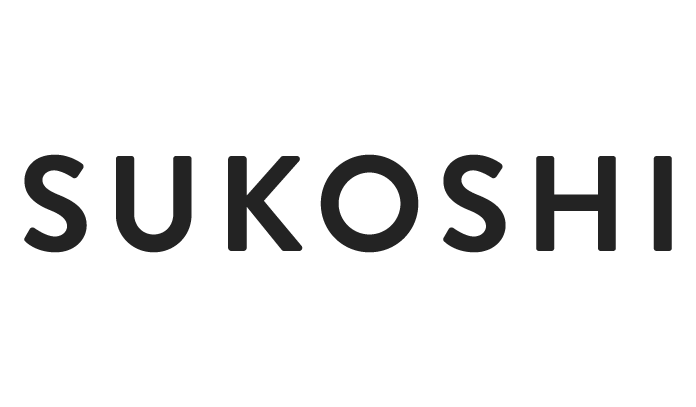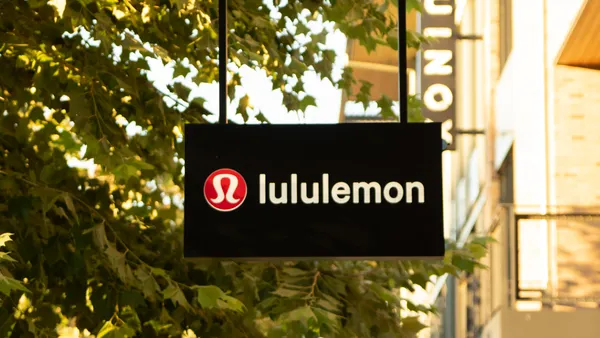Dive Brief:
-
E-commerce upstart Jet, recently acquired by Wal-Mart Stores Inc. for $3.3 billion, failed to beat Amazon on price on 44% of 331 best-selling items, undercutting its rival just 16% of the time, according to a study conducted by Boomerang Commerce for Business Insider.
-
Jet’s prices were 16% higher overall, researchers found, and its price competition was weaker in this study (conducted after the acquisition was announced) than in a similar one conducted by Boomerang for the Wall Street Journal in September of last year. In that study, Jet was cheaper on 73% of items and Amazon was cheaper on 24%, though Amazon was 3% cheaper on average.
-
Those numbers don’t take into account Jet’s “secret sauce,” its algorithm-boosted dynamic pricing model, which according to Jet translates to a discount of 5% for the average basket. But even factoring in that discount, Amazon still beats on price, Business Insider said.
Dive Insight:
Jet started out last year promising the lowest prices on the web. But that claim didn't come to fruition once it abandoned its Costco-like membership model a few weeks after launch, prompting the startup to boost prices.
Beyond product prices, Jet was designed to take advantage of a rare opening Amazon left to its competition. The startup essentially allows consumers to trade Amazon's signature convenience and efficiency for monetary savings: Its dynamic algorithms minimize supply chain, logistics and shipping costs and adjust merchandise prices on the fly based the number of items in the customer's cart, their distance from Jet's distribution centers and other factors. Amazon, on the other hand, spends an estimated $1 billion per year offering free shipping on Prime member purchases.
At the moment, Jet’s assortment doesn’t compare to that of Amazon, though that could change once Wal-Mart and Jet start integrating their operations. The Business Insider/Boomerang study nevertheless prompted “retail prophet” Doug Stephens to question the acquisition, tweeting Thursday “Wonder how much due diligence Walmart did on Jet's supposed ‘secret sauce.’"
Though limited, the one area where Jet beats Amazon is fresh grocery, and there the differences are stark. At Amazon, a basic Prime membership doesn’t include fresh groceries — that takes another $299-a-year for Prime Fresh.
In addition, Jet’s minimum order amount for free shipping is $35, compared to Amazon’s $49. But Amazon likely boosted that minimum to help drive Prime memberships, which are incredibly lucrative — Prime members are very sticky, younger and wealthier, and spend more each year on average than non-Prime members. And Amazon's hefty streaming video and music content adds value to that membership as well.
Even shoppers who frequent Jet are likely to spend a decent amount of time at Amazon, especially considering that Jet has no product reviews, while Amazon has a robust search and information system that in many instances beats Google.














